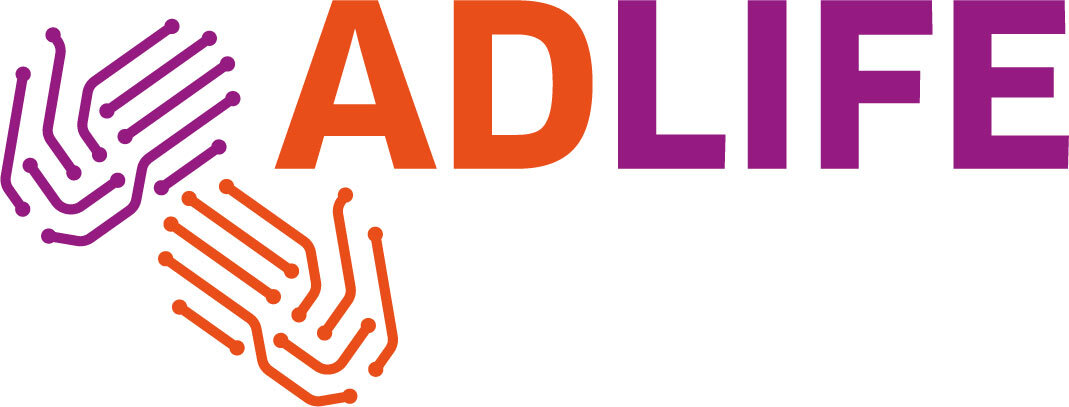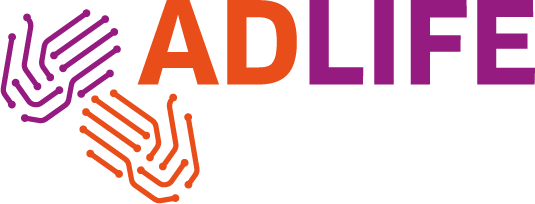
ADLIFE Newsletter
Issue 9 | September 2022
Welcome to the latest edition of the ADLIFE Project newsletter. This month we focus on our latest methodological approaches, recent events, and upcoming conferences in digital health.
Our Take: Culturally Adapting Questionnaires
The use of questionnaires for the collation of health data is increasingly common in the field of health sciences. Although the vast availability of questionnaires for different health conditions often save the time involved for researchers to develop and validate new questionnaires, they are frequently unavailable in a variety of languages. For wide-scale international projects like ADLIFE, it is essential to utilise tools that are adapted to different languages and cultures, so that the obtained results can be compared across countries.
This highlights a need for the development of new processes and tools for the cross-cultural adaptation of data collation. Nerea González Hernández from Kronikgune shares ADLIFE’s strategy for developing questionnaire standards to enable their use cross-culturally. The strategy goes beyond linguistic translation, considering conceptual, semantic, and cultural equivalence between source and target language adaptations. This procedure will inform future methods in culturally adapting questionnaires and can be adapted and utilised across multiple research sectors.
Conferences
Upcoming
Past
Porto, Portugal. 17-18 November.
Health Data Quality: A Dynamic Complexity: Health Data Forum 2022
i~HD is co-organising a two-day series of parallel and plenary sessions, tailor-made for a diverse range of healthcare interest groups and stakeholders. The aim of this summit is to demonstrate the importance of quality in healthcare data, methods in measuring data quality, and how to improve it. Whether for primary use or secondary use, data quality is a universal requirement and is the most important real-world data challenge. Data without quality can neither contribute value nor serve any useful purpose.
This conference is an i~HD collaboration with Health Data Forum, the Faculty of Medicine of the University of Porto and MEDCIDS. Read more.
San Sebastian, Spain. 12-16 September.
IX Congresso Internacional de Salud Digital (IX International Congress on Digital Health): Digital Health in Europe (Lola Verdoy Berastegui, Kronikgune)
ADLIFE were delighted to feature in a proposal for integrated and coordinated intelligent care for complex chronic patients. During the session, the presenters discussed how ADLIFE utilises digital tools to award patients and caregivers with a more active and independent role in the organisation of their health. The aim of this intervention is to respond to the needs of patients with advanced chronic conditions, improve the quality of their life, and facilitate the personalisation of their care and early prevention of deterioration.
“Due to ageing populations and advances in medical science, people with chronic diseases live longer. The technology is quite well prepared to face challenges such as sustaining quality of life and independent living and creating sustainable healthcare and social care systems. The impact of digitalisation of health services is expected to be profound but it is important to evaluate their impact. Research projects on digital health presented can provide the evidence for a further large scale in different environments”
Reflections on the Session, Lola Verdoy Berastegui
Meet the ADLIFE Team
Gabriella Warren-Smith, Research Assistant, University of Strathclyde
In this newsletter we learn about Gabriella's new role dedicated to the enhancement and delivery of the ADLIFE communications strategy, spanning social media, science communication, publication and public engagement. Gabriella has a diverse background in the art and psychology, and is excited to be a part of a project that will develop her research career in digital health. Read more.














